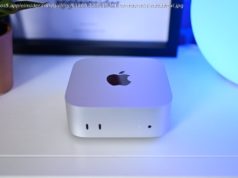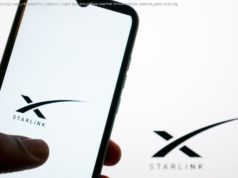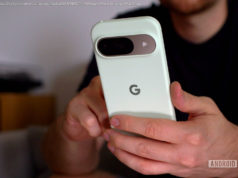The ride-hailing company is to start charging people who keep drivers waiting as it rolls out a number of updates to its app.
The firm has announced a number of changes aimed at appeasing drivers, including in the UK where it has fought drivers claiming an entitlement to minimum pay and a holiday wage.
From Tuesday, an option to tip drivers will appear in the app, which will also apply to the firm’s food delivery service, UberEATS.
In addition, from 22 August new charges will apply to users who keep drivers waiting at the start of a journey.
Jo Bertram, the company’s UK regional general manager, said: «Drivers’ time is valuable and every minute spent waiting for a rider means less time driving and making money.
«That’s why — from two minutes after the driver arrives at the pick-up point — riders will pay 20p for every further minute they keep their driver waiting.»
Users of the more premium XL, EXEC and LUX Uber car services may be charged more, the company said.
A host of updates to the app will also include a new «No thanks» button for drivers to deny trip requests.
The announcement comes amid a series of controversies for the massively successful firm.
There have been internal battles over bullying and sexual harassment claims and in June 20 employees were fired following an investigation into 215 harassment complaints.
Uber has also been fighting allegations that it is relying on a key piece of technology stolen from Google spin-off Waymo to build self-driving cars.
More recently it has come to light that Uber’s former boss, Travis Kalanick, who was ousted following a revolt by major shareholders, is being sued by one of its largest investors.
Benchmark Capital, which owns 13% of the company, has accused Mr Kalanick of fraudulently trying to pack Uber’s board with his allies so he can return to his old job as CEO.
The venture capital firm claims that would harm Uber’s shareholders, employees, drivers and customers.
Under Mr Kalanick, the Uber app revolutionised the taxi industry in hundreds of cities.
Now valued at close to $70bn (£55bn) , it has fast become the world’s most valuable start-up.






